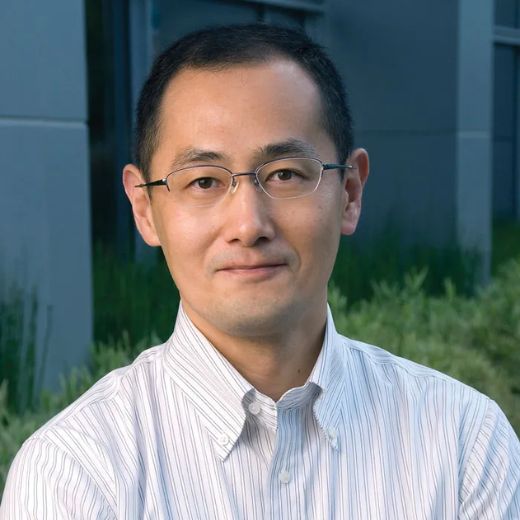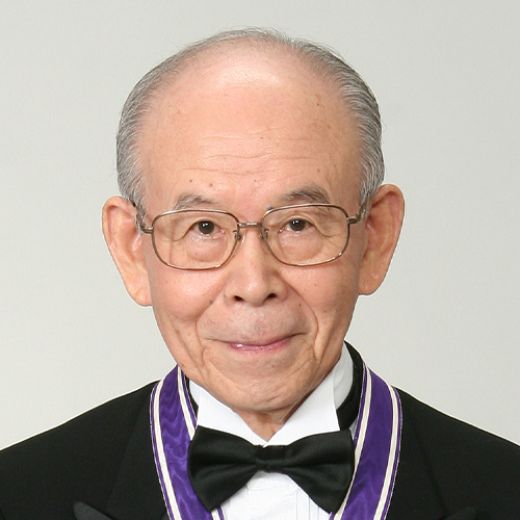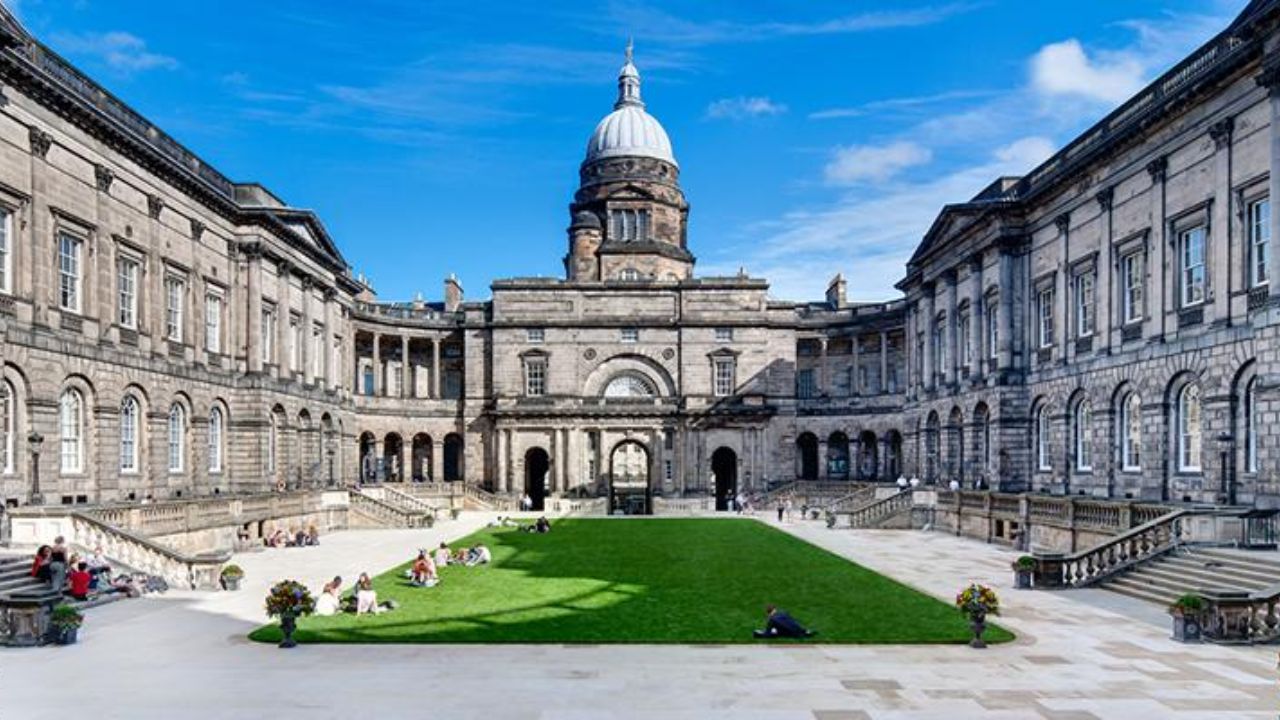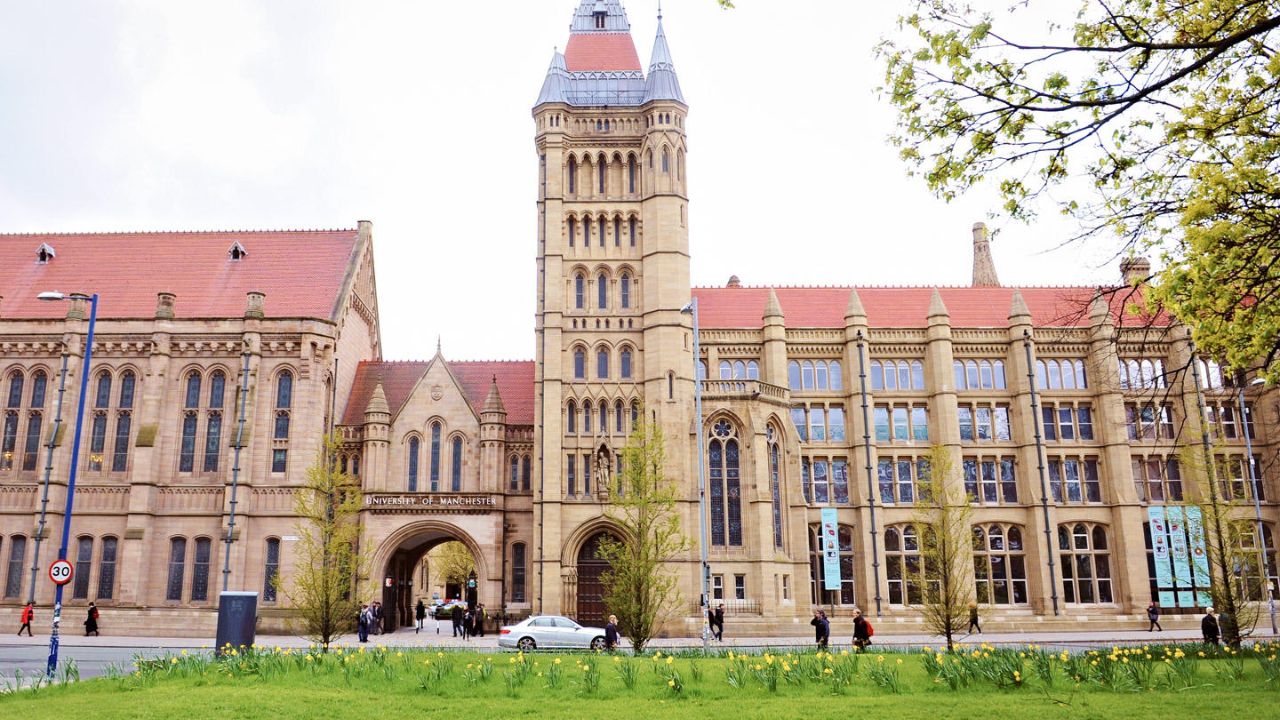Kyoto University
About the Kyoto University
Kyoto University, situated in the picturesque city of Kyoto, seamlessly blends Japan’s rich cultural heritage with cutting-edge research and education. With a history spanning over a century, it has earned its place as one of the world’s foremost academic institutions. Kyoto University’s commitment to academic excellence is evident in its diverse range of disciplines, including science, technology, and humanities. It encourages interdisciplinary collaboration, enabling students and researchers to confront global issues creatively. By nurturing a culture of innovation, Kyoto University continues to shape the future while preserving the traditions that make Kyoto a cultural treasure.
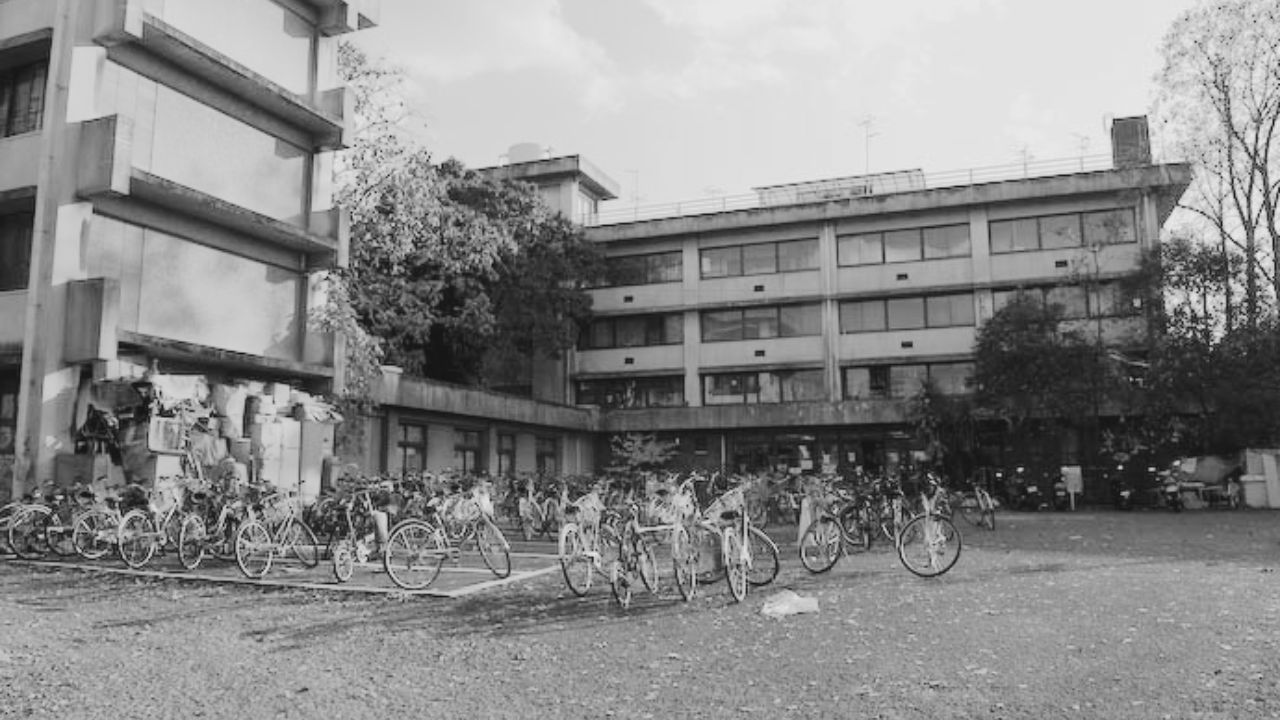
A brief history
Kyoto Imperial University was founded during the Meiji era, a period of modernization and Westernization in Japan. It was one of the first imperial universities established in the country, with the goal of promoting higher education and research in various fields.In the new millennium, Kyoto University has maintained its status as one of Japan’s top research universities and has consistently ranked high in global university rankings. It has collaborated with international institutions and researchers on various projects, further enhancing its global influence.
General information
Located in Kyoto, a city steeped in cultural heritage, the university is situated in a place with a rich history and traditions. The university offers a wide range of undergraduate, graduate, and doctoral programs across various disciplines including natural sciences, social sciences, humanities, engineering, medicine, and more. Kyoto University has multiple campuses spread across Kyoto and its vicinity. The main campus is Yoshida Campus, situated near Kyoto’s city center. The university has produced several Nobel laureates, contributing to its reputation as a hub of scientific and academic excellence.

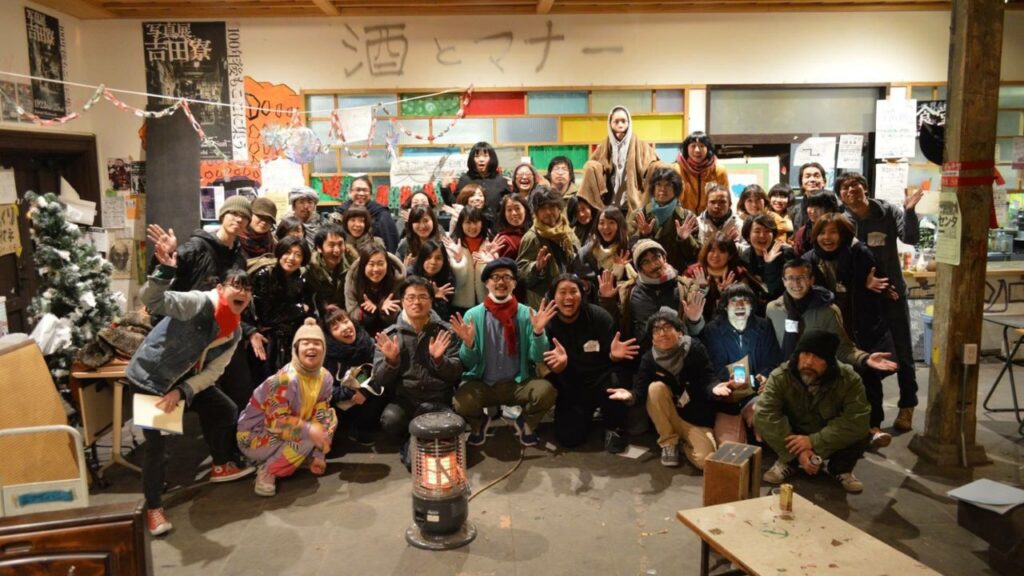
Quick facts about Kyoto
- Ranking: #46 in QS World Ranking
- Acceptance Rate: 11%
- Kikuchi Music Museum: The university has a unique museum dedicated to the collection of Professor Hiroshi Kikuchi, a renowned scholar of musicology. The museum houses a diverse range of musical instruments from around the world.
- Primate Research Institute: Kyoto University’s Primate Research Institute is famous for its long-term studies of primates, particularly the Japanese macaque monkeys in Arashiyama. It has contributed to our understanding of primate behavior and social dynamics.
Download our Successful College Application Guide
Our Guide is written by counselors from Cambridge University for colleges like MIT and other Ivy League colleges.
To join our college counseling program, call at +918825012255
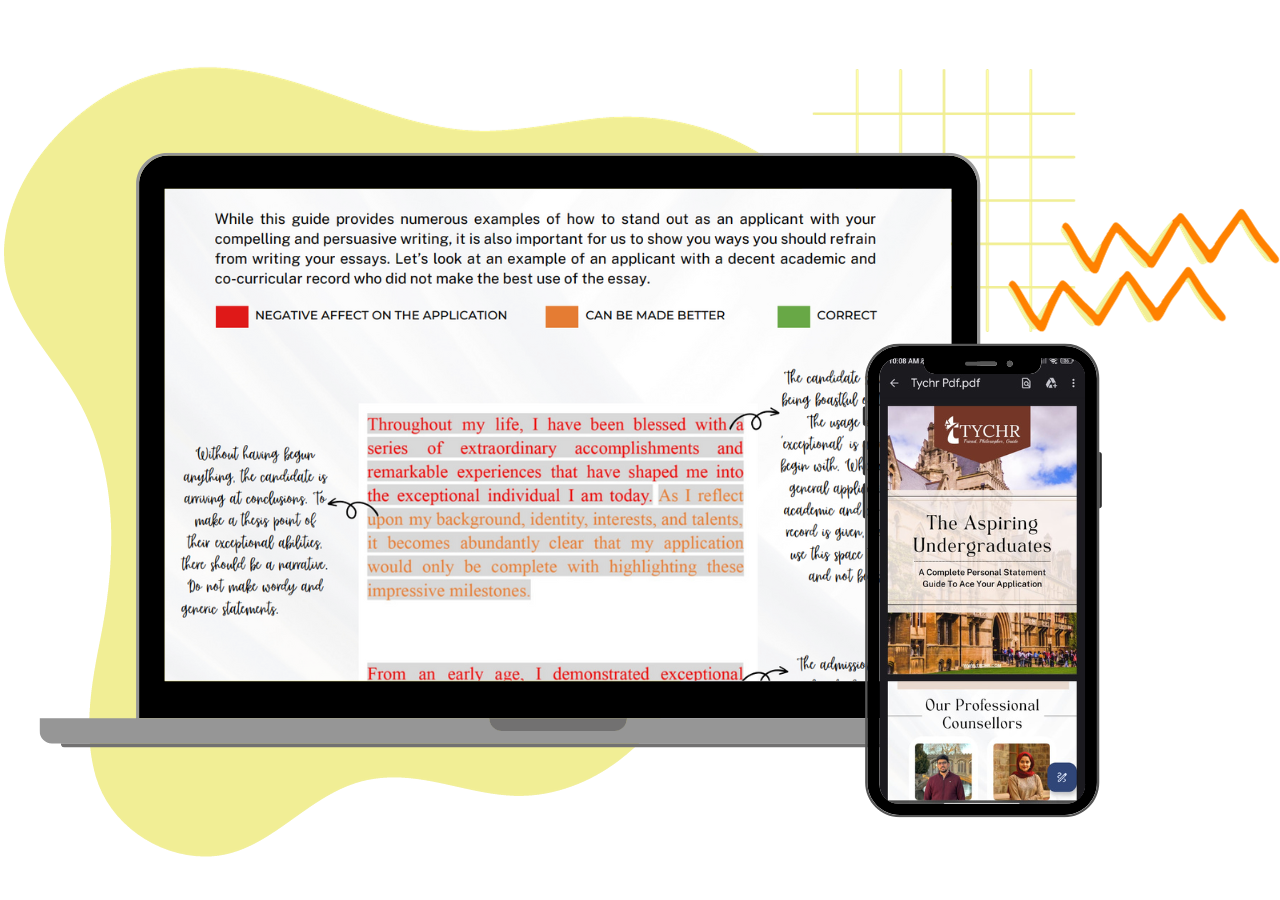
FAQs
Kyoto University is renowned for its excellence in research and education across various fields, including natural sciences, social sciences, humanities, engineering, and medicine. It’s recognized as one of Japan’s top universities and has a strong global reputation.
Information on admission requirements, application procedures, and deadlines for international students can be found on the official Kyoto University website. The university often provides detailed guidance for prospective international applicants.
Yes, Kyoto University offers scholarships and financial aid opportunities for international students. These scholarships may be based on academic merit, financial need, or specific programs. Details about available scholarships can typically be found on the university’s website.
Kyoto University offers diverse research opportunities across various disciplines. Students can engage in cutting-edge research projects, collaborate with renowned professors, and contribute to advancements in their chosen field. The university’s research centers and institutes provide more information on ongoing projects.
Kyoto University is committed to community engagement and social responsibility. The university often collaborates with local organizations, conducts outreach programs, and hosts events that contribute to the betterment of both the local community and society at large.
Popular Courses

Computer Science
The Computer Science program at Kyoto University equips students with a strong foundation in computational theory, programming languages, algorithms, and data structures. Students delve into various subfields such as artificial intelligence, machine learning, software engineering, and computer graphics. They learn to develop innovative solutions to real-world problems, design efficient algorithms, and create software applications. The program often emphasizes practical projects and research opportunities, enabling students to contribute to cutting-edge technological advancements.

Engineering
Engineering programs at Kyoto University offer a comprehensive education in various engineering disciplines. Students can specialize in areas such as electrical engineering, mechanical engineering, civil engineering, and chemical engineering. The curriculum includes theoretical knowledge, practical skills, and hands-on projects. Engineering students often collaborate on designing and constructing solutions for complex challenges, such as sustainable infrastructure, renewable energy systems, robotics, and advanced materials.

Biology
The Biology program covers a wide range of topics in the field, from molecular biology and genetics to ecology and evolutionary biology. Students study the fundamental principles of life sciences, exploring the structure and function of cells, organisms, and ecosystems. They may engage in lab work, field studies, and research projects that contribute to our understanding of life’s complexities. The program also emphasizes the interdisciplinary nature of biology, encouraging collaborations with other fields such as chemistry, physics, and computer science.

Physics
Physics programs at Kyoto University provide a comprehensive education in the fundamental principles that govern the universe. Students delve into areas such as classical mechanics, quantum mechanics, electromagnetism, and thermodynamics. As they progress, they have the opportunity to specialize in areas like particle physics, condensed matter physics, or astrophysics. Hands-on experiments, theoretical studies, and computational simulations are integral components of the curriculum. Physics students often contribute to groundbreaking research that advances our understanding of the natural world.
.jpg)
Literature and Humanities
The Literature and Humanities programs offer a diverse array of courses that explore human expression, culture, history, and thought. Students engage with classic and contemporary literature, philosophy, art history, linguistics, and cultural studies. These programs foster critical thinking, effective communication, and an appreciation for the complexities of human experience. Students may analyze literary works, study historical contexts, and explore the evolution of languages and cultures. The interdisciplinary nature of these programs allows students to develop a well-rounded understanding of human societies and their creative expressions.
Find the Japan university that best suits you!
Use Tychr Japan University Admissions Calculator to generate a list of recommended universities that are the best fit for you.
Eligibility Criteria
High School Graduation
You should have successfully completed your high school education or its equivalent. This typically includes 12 years of formal education. For international applicants, you may need to provide proof of high school graduation, such as a diploma or certificate.
Language Proficiency (Japanese or English)
If your chosen program is taught in Japanese, you may need to demonstrate proficiency in the Japanese language. This could involve providing test scores from exams like the Japanese Language Proficiency Test (JLPT) or other language assessments. For programs taught in English or for international applicants, English language proficiency may be required, often demonstrated through standardized tests like TOEFL or IELTS.
Entrance Examinations
Kyoto University typically conducts entrance examinations for undergraduate programs. These exams can vary by program but often include subject-specific tests. For example, if you're applying to a science program, you might have to take tests in subjects like mathematics and physics.
Transcripts and Academic Records
You'll likely need to submit your high school transcripts and academic records as part of your application. Strong performance in relevant subjects, especially those related to your intended major, is typically expected.
Recommendation Letters
Some programs may request letters of recommendation. These letters should come from teachers, mentors, or professors who can provide insights into your academic abilities and character.
Interviews or Essays
Depending on the program, you may be required to attend an interview or write an essay. These components can help the university assess your motivation, goals, and suitability for the program.
Specific Program Requirements
Different programs or faculties at Kyoto University may have specific prerequisites or additional requirements. For instance, if you're applying to a medical program, you might need to have completed specific science coursework.
Financial Support
International students often need to provide evidence of financial means to cover tuition and living expenses during their studies. This can include bank statements or financial sponsorship documentation.
Please note that these are general examples, and the specific eligibility criteria can vary widely by program and year. Always refer to the official Kyoto University website or contact their admissions office for the most up-to-date and program-specific eligibility criteria for the undergraduate program you are interested in.
Fee Structure
Admission Fee: ¥282,000
Tuition Fee Annual: ¥535,800
Tuition Fee(Law School) Annual: ¥804,000

Admission Deadlines
You need to apply via the Online Application System, which will be accessible from November 1 to December 4, 2023 (until 5 p.m. Japan Standard Time).
Download the Guidelines and Forms and read the instructions attentively. If you have questions about eligibility, there is an Eligibility Screening Process available before applying.
Gather the required documents and information.
Submit your application through the Online Application System (some documents will need to be uploaded by the school via the system). Don’t forget to pay the application fee and click the “Complete” button before the application deadline.
Notable alumni
